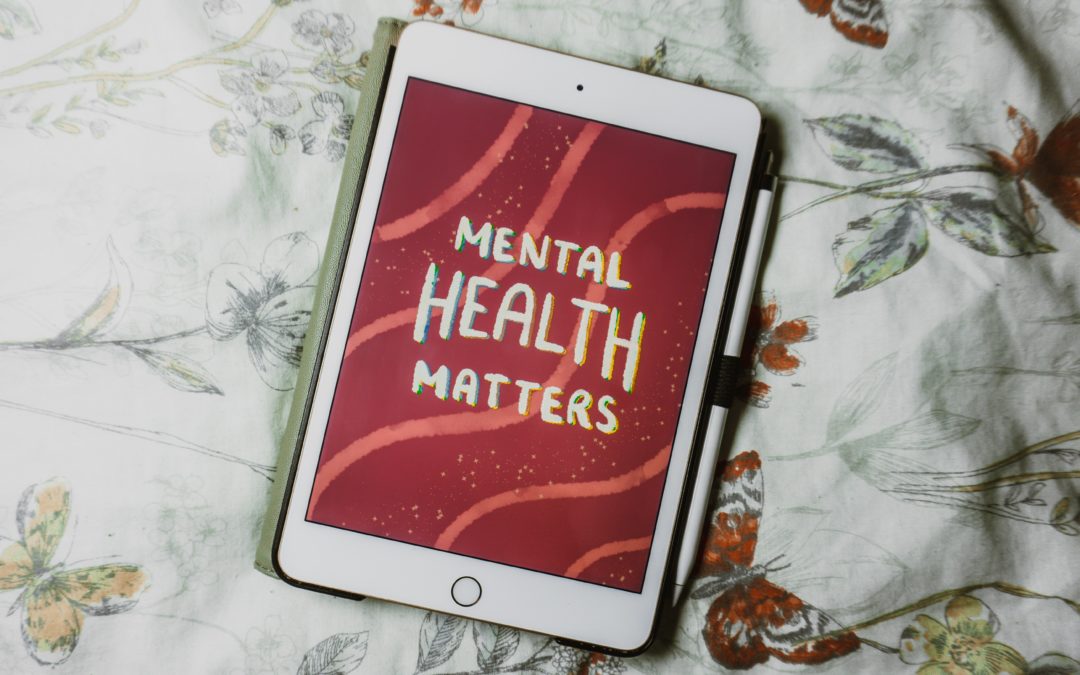No amount of parental control options will ever keep your teen from the news and media. Even if you wanted to “protect” them from seeing these things, the fact is that they will still see them one way or another. Breaking news articles will circulate in their social circles and conversations will be initiated among their peers over social media and online gaming platforms. The reality is that your teen will be exposed to fake news, real news, differing opinions, click bait, satire, comment wars, hate speech, academic studies, “experts”, and actual experts on a daily basis. Digital media has become so intertwined with our everyday life that trying to avoid it is futile. However, learning to unpack, process, and understand what we come across has never been more important.
The question is no longer “How do we limit their exposure to this content?”, but rather “How can we help them learn to process this information and manage their feelings around it?”
Having a trusted adult to have hard and heavy conversations with will immensely help them make sense of the world around them. They need someone they can discuss the topics they find online with, who won’t judge or berate them for viewing content that was inevitably going to be found. They need someone who is levelheaded and open to discussing differing viewpoints. Being the person to step up and have these conversations with them will no doubt be difficult, but it is extremely beneficial to your child.
Having access to non-judgmental discussions about important topics can help our kids develop a sense of curiosity. It allows them to develop their own voice and identity and ask the questions that matter. It allows them to engage in digital conversations around world issues and meet like-minded individuals online, generating a sense of community. If done correctly, it can also encourage better self-care and self-regulation practices.
The combination of digital media literacy and humanity can become a powerful tool for digital safety, security, social and emotional intelligence, and mental wellbeing. Equipping our kids with this knowledge can and will better their digital experience.
Being the mediator in these conversations, which should really be held as a family, is a daunting, large, and difficult but extremely important job. These conversations about digital safety and wellbeing are not a once-off chat, but rather a process to adopt in your family dynamic, however, your kids need the most open and honest version of you for this to work.
You can start by checking yourself and your biases. It’s up to us as adults to acknowledge and process our own feelings, beliefs, and experiences. This allows us to approach these conversations with fully formed, yet still dynamic, opinions, self-knowledge, self-understanding, and self-development. Our kids pick up on our reactions and responses to issues and it sends a strong message to them about what is and isn’t okay to chat about. Reflect on your own emotions so that topics that tend to be shut down can be openly discussed in a safe, yet difficult, family conversation.
Only once the adults have developed knowledge and awareness of their emotions and biases, can regular digital debriefings take place. With time, they will become a natural family process and an essential stepping stone in educating our kids on their digital health and wellbeing.
A digitally healthy person knows when to put the screen away. Being fully present (physically, emotionally, and mindfully) when we’re with friends and family, engaging in hobbies and activities that matter to us, getting our bodies moving, spending time outside, getting enough rest and eating healthily all contribute towards our overall wellbeing. Notice how healthy activities don’t have to include screen time but remember that it can contribute to quality family time. Watching movies together, following online recipes whilst making dinner, solving puzzles, or even making a home movie can all leave a positive and lasting impact on your kids.
Showing our kids that we’re open to new ideas or ways of thinking, whilst also staying true to our personal values and beliefs, lets our kids know that they can chat to us about anything, on or offline. This will encourage them to approach you when they do eventually encounter digital threats, such as cyberbullying, sextortion, peer pressure, catfishing, etc.
Allowing yourself to be vulnerable with your family is never a bad thing and teaches your kids that it’s okay to have hard conversations. In fact, it’s healthy.

